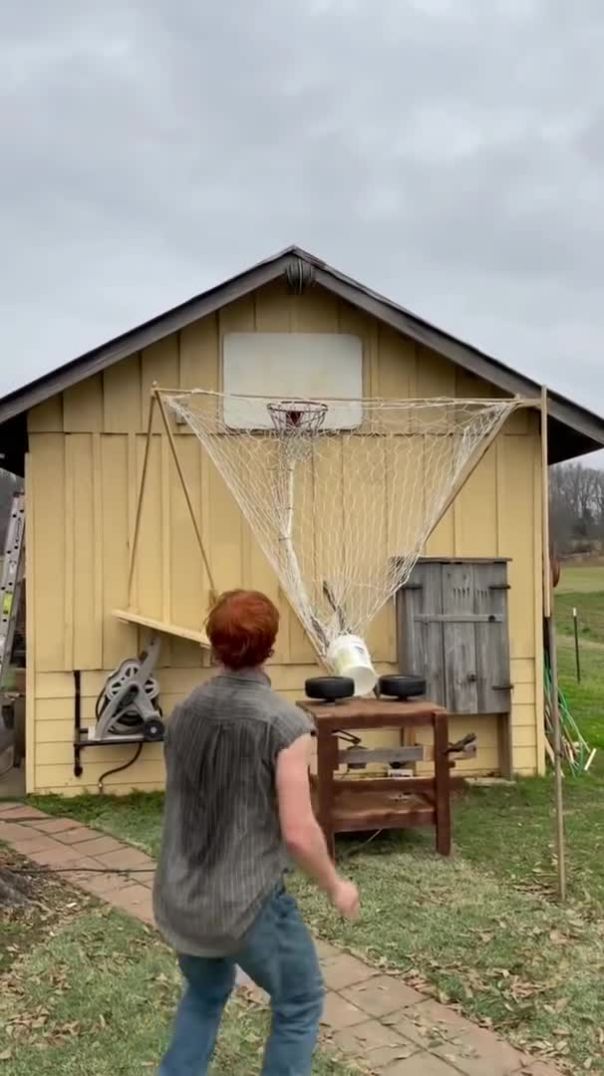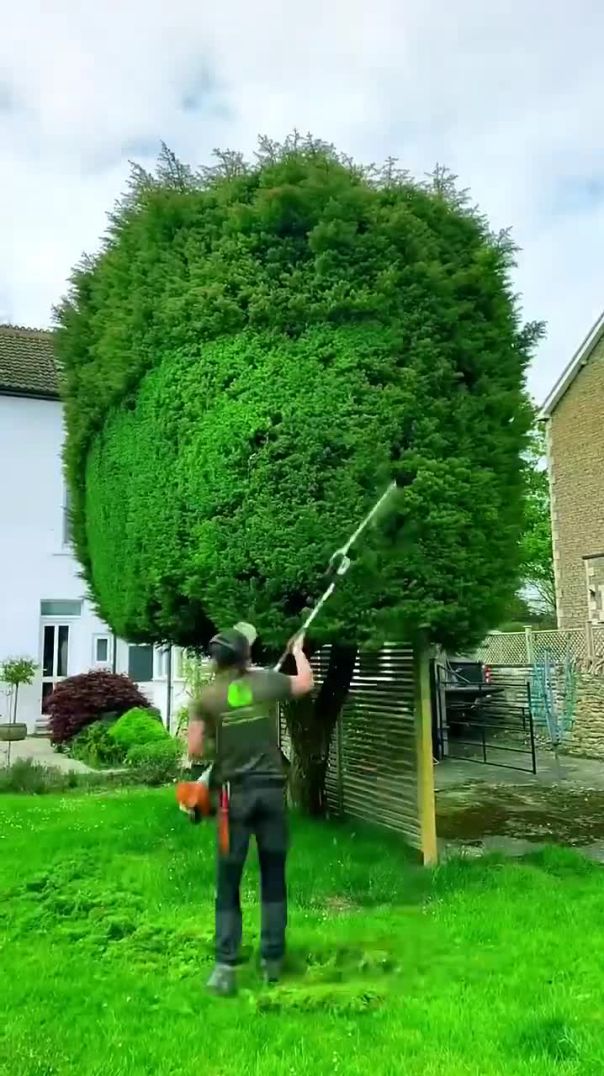The journey to homeownership can be a thrilling yet daunting adventure for first-time buyers in New Zealand. With the nation's median house price hovering around NZD 850,000 in 2023, according to Stats NZ, the stakes are higher than ever. Unfortunately, this lucrative market also attracts a range of scams that can leave unsuspecting buyers financially devastated. As New Zealand's real estate sector continues to evolve, it is vital for buyers to be aware of the potential pitfalls. This article delves into five common scams targeting first-time buyers and provides actionable strategies to avoid them.
Understanding the Real Estate Landscape in New Zealand
New Zealand's property market has witnessed significant changes in recent years. The Reserve Bank of New Zealand has implemented tighter lending restrictions, influencing buyer behavior. Despite these efforts, the market remains competitive, and the risk of scams persists. According to the Ministry of Business, Innovation, and Employment (MBIE), housing demand continues to outstrip supply, creating fertile ground for scammers. As first-time buyers navigate this complex environment, understanding the tactics employed by fraudsters is crucial for safeguarding their investments.
1. The Phantom Listing Scam
One of the most prevalent scams involves phantom listings, where scammers advertise properties that do not exist or are not for sale. These listings often feature attractive prices to lure in unsuspecting buyers. Once interest is piqued, scammers request upfront deposits to "secure" the property, only to disappear with the money.
How to Stay Safe:
- Verify Listings: Always cross-check property details with official real estate websites or directly with property agents.
- Request Physical Viewings: Insist on viewing the property in person or via a trusted representative before making any payments.
- Consult Professionals: Engage a licensed real estate agent to help validate property listings.
2. Title Fraud
Title fraud occurs when scammers forge ownership documents, transferring the property title into their name and selling it to unsuspecting buyers. This type of fraud can lead to lengthy legal battles and financial losses for victims.
How to Stay Safe:
- Conduct Title Searches: Utilize New Zealand’s Land Information System to verify property ownership and title status.
- Engage Legal Experts: Consult a property lawyer to conduct thorough checks on title documents.
3. Mortgage Fraud
In mortgage fraud, scammers pose as legitimate lenders, offering favorable loan terms. They often request upfront fees for loan processing, which then disappear once the fees are paid. This scam is particularly prevalent in a market where mortgage approval processes are stringent.
How to Stay Safe:
- Verify Lender Credentials: Confirm the lender's legitimacy through the Financial Markets Authority’s (FMA) list of registered financial service providers.
- Be Wary of Upfront Fees: Legitimate lenders typically do not charge significant upfront fees.
4. The Renovation Scam
Some first-time buyers fall victim to renovation scams, where contractors demand payment for work that is never completed or not up to standard. This can lead to significant financial loss and devaluation of the property.
How to Stay Safe:
- Vet Contractors: Check the contractor’s credentials and previous work history through the New Zealand Certified Builders Association.
- Set Clear Contracts: Always have a detailed contract outlining the scope of work and payment schedule.
5. The Escrow Scam
Escrow scams involve fraudsters posing as escrow service providers. They manipulate the escrow process to redirect funds into their own accounts, leaving buyers without their money or the property.
How to Stay Safe:
- Use Reputable Escrow Services: Ensure the escrow service is recognized by the Real Estate Agents Authority (REAA).
- Double-Check Transaction Details: Confirm all payment instructions directly with your real estate agent or lawyer.
Case Study: The Importance of Due Diligence
Case Study: Sarah's Near-Miss with a Phantom Listing
Sarah, a first-time buyer from Auckland, nearly fell victim to a phantom listing scam. She was drawn to a beautifully advertised property in Wellington that was priced well below market value. The "seller" requested a deposit to secure the deal, which raised Sarah's suspicions. Following a friend's advice, she contacted a local real estate agent who confirmed the property was not for sale. Sarah's experience underscores the importance of due diligence and consulting professionals before making financial commitments.
Myths and Misconceptions in the Property Market
Myth: "All online property listings are legitimate."
Reality: Many fraudulent listings exist. Always verify through multiple sources.
Myth: "A property lawyer is an unnecessary expense."
Reality: Legal expertise can prevent costly mistakes and identify fraudulent activities.
Myth: "Cheaper properties are always better deals."
Reality: Be wary of prices that seem too good to be true; they may indicate a scam.
Future Trends and Predictions
As technology evolves, so do the methods employed by scammers. The rise of digital transactions and online property platforms increases the potential for cyber-related fraud. According to a 2024 report by NZTech, the integration of blockchain technology in real estate transactions could enhance transparency and reduce fraud by securing transaction data. However, until such advancements become widespread, buyers must remain vigilant and informed.
Conclusion: Staying Ahead of Scammers
First-time buyers in New Zealand face numerous challenges, from navigating a competitive market to avoiding scams. By staying informed and exercising due diligence, buyers can protect themselves from potential fraud. Engaging professionals, verifying information, and relying on trusted sources are crucial steps in ensuring a secure property purchase. Share your experiences and tips for avoiding scams in the comments below, and let's create a community of informed and empowered buyers.
People Also Ask (FAQ)
- How can I verify a property's legitimacy in New Zealand? Use the Land Information New Zealand (LINZ) registry to check property ownership and consult a property lawyer for thorough verification.
- What should I do if I suspect a real estate scam? Report suspicious activities to the Financial Markets Authority (FMA) and consult with a legal expert for guidance.
Related Search Queries
- New Zealand property scams
- How to avoid mortgage fraud in NZ
- First-time homebuyer tips NZ
- Real estate fraud prevention NZ
- Phantom listings New Zealand
































Deanne Weymouth
10 months ago